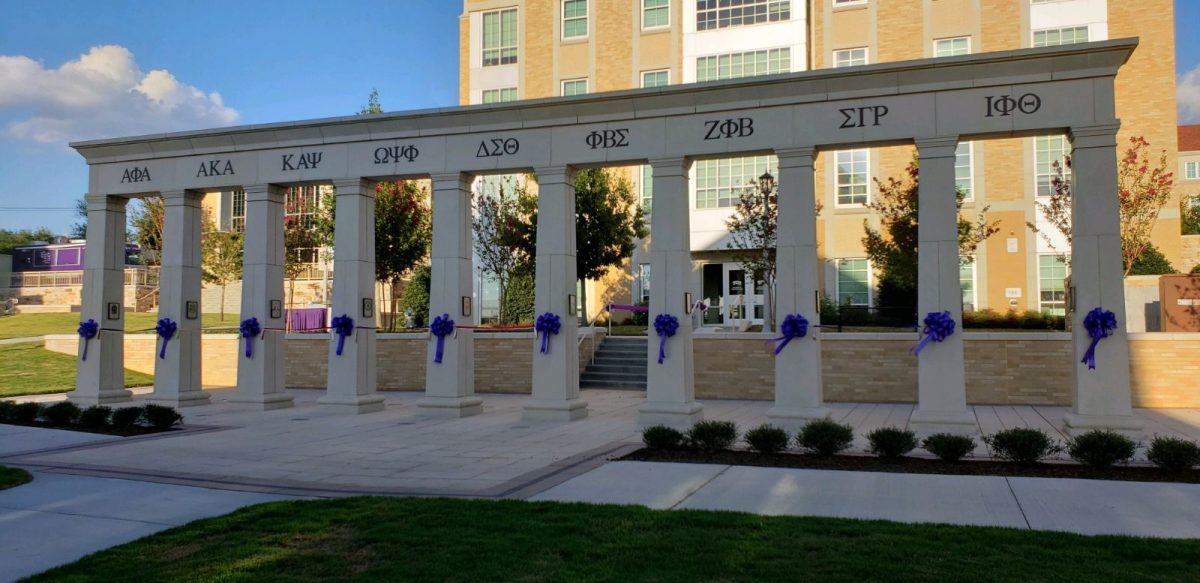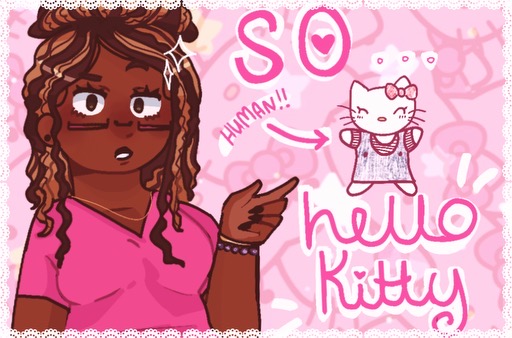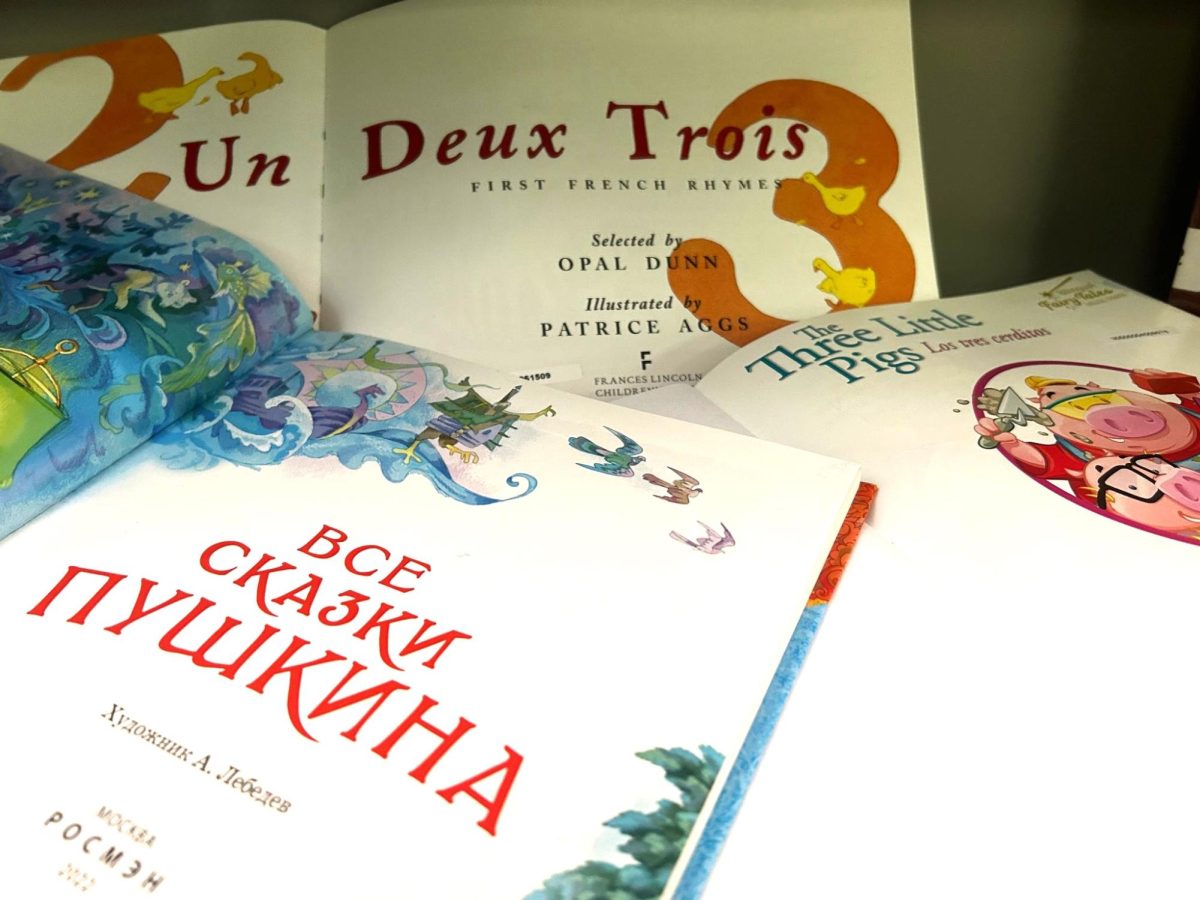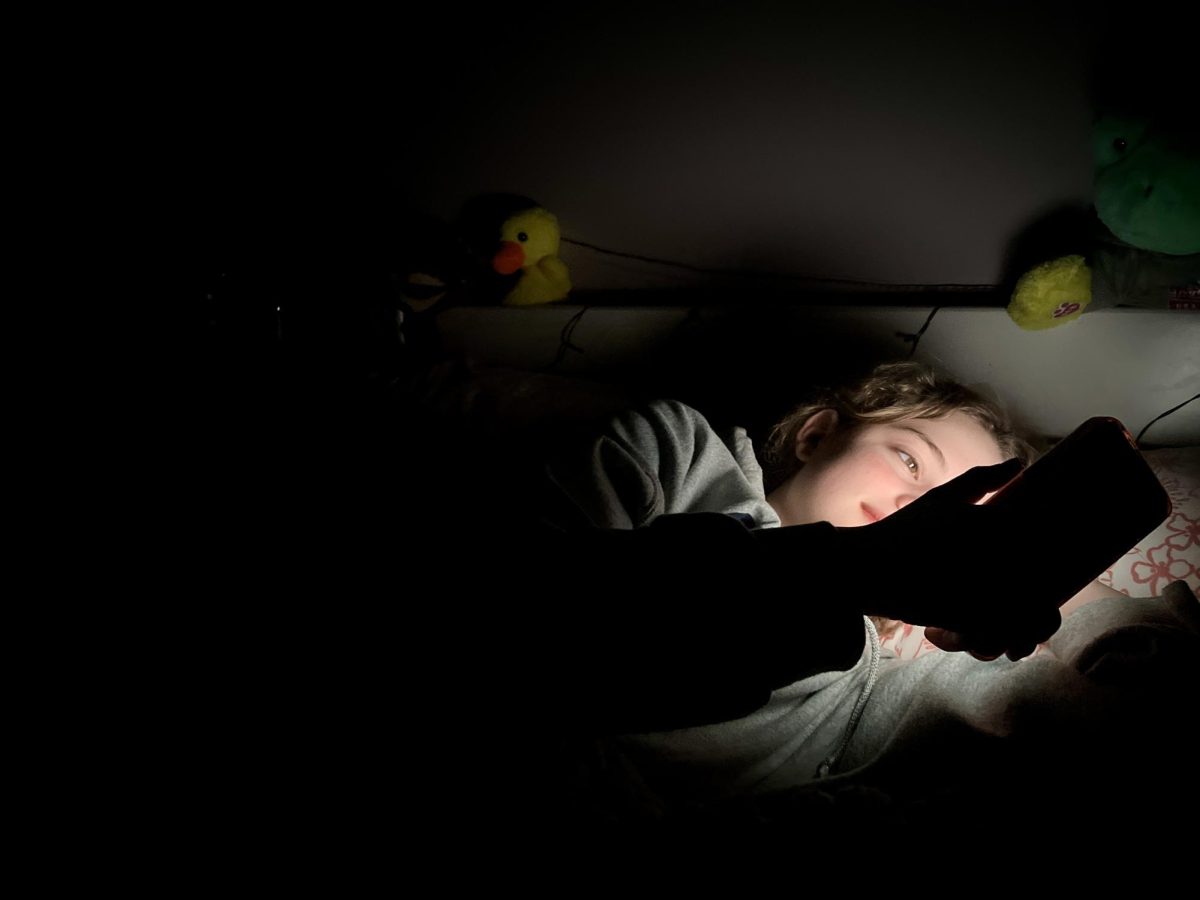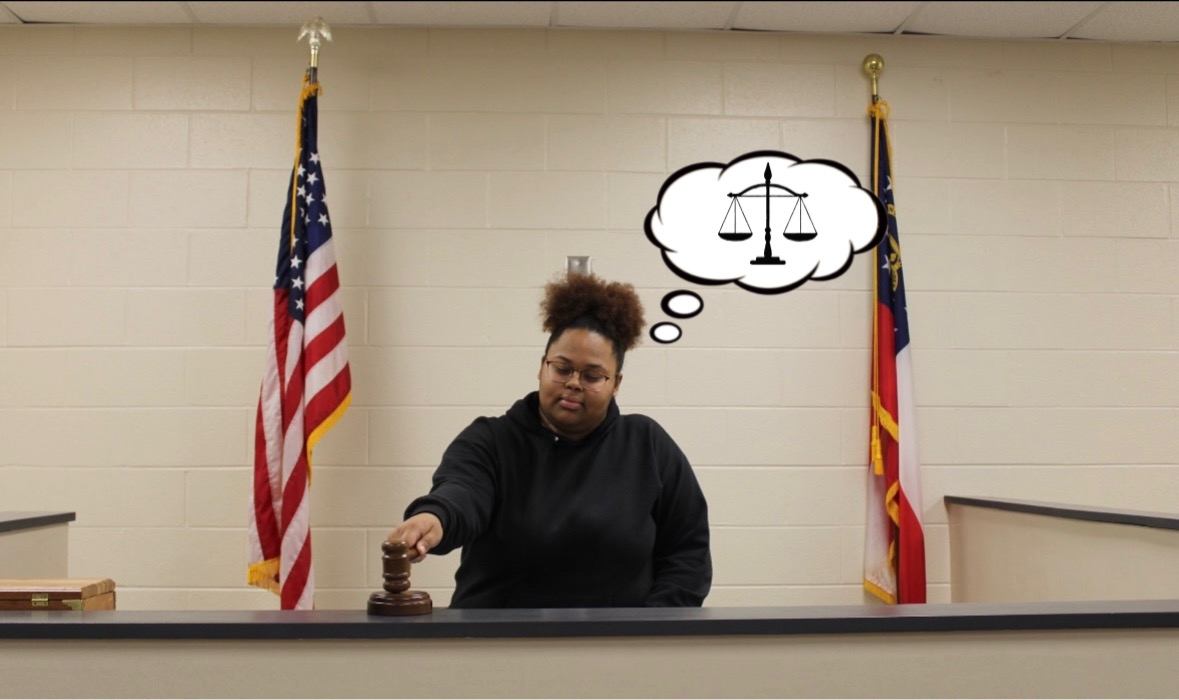Established with the explicit aim of fostering a community and a support system for Black college students, the National Pan-Hellenic Council (NPHC), commonly known as the Divine Nine, comprises nine historically Black fraternities and sororities. Amidst the initial craze for Greek life in the early 1900s, college students searched for organizations that fit their values, majors and careers in hopes of meeting people with similar backgrounds and principles. However, due to the continuation of segregation in America, Black college students found themselves not included in these organizations. Further shunned, Black students continued to face exclusion from civil society in college, a seemingly ongoing issue in predominantly white institutions (PWIs).
In hopes of creating a Greek life space for the African-American community, Howard University, a historically black college and university (HBCU), took the initiative to organize and host Greek life events tailored to Black fraternities and sororities. While the majority of Greek life organizations remained separate in their events and planning, Howard University’s establishment of the NPHC further contributed to the flourishing development of Black American pride through fraternity and sorority siblinghood.
“We [all of the NPHC] have a healthy rivalry, but in all honesty, we all do things together and respect each other. They lose sight of that sometimes. If you need something, like a job, they’ll help. If they see something like ‘Nupe’ [the nickname for Kappas] on your jacket, another Kappa will help you find that job. It can be very helpful,” AKA Beta Mu Robbin Rivers said.
The Divine Nine encompasses five fraternities, each with its distinct Greek letters and legacy, established in chronological order: Alpha Phi Alpha (ΑΦΑ), Kappa Alpha Psi (ΚΑΨ), Omega Psi Phi (ΩΨΦ), Phi Beta Sigma (ΦΒΣ) and Iota Phi Theta (ΙΦΘ). Complementing these fraternities stand four sororities, each contributing to the rich culture of the Divine Nine: Alpha Kappa Alpha (ΑΚΑ), Delta Sigma Theta (∆ΣΘ), Zeta Phi Beta (ΖΦΒ) and Sigma Gamma Rho (ΣΓΡ).
In nearly all Black fraternities and sororities, a distinctive practice takes form through choreographed dance rituals exclusive to members of the organization: stepping and strolling. Each organization produces its own routine or stand-out feature, such as ΣΓΡ using canes in their performances. Steps and strolls also include chants and claps that signify tradition and uniformity as a group. Organizations showcase these exciting routines at parties, events and yard shows, where NPHC groups compete against each other, demonstrating their charmingly choreographed material.
“I was telling a lady about AKA history, and she said, ‘I thought all the AKAs were light skin with loose hair.’ I told her no, the founding lady was actually dark skin with tight curls. She thought that she wouldn’t be accepted because of her looks, and I had to tell her that it was not like that. The Black groups were made to help Black people find community and succeed, that’s the big takeaway,” Rivers said.
Due to the sacredness of these traditions, various NPHC members consider stepping and strolling to remain a ritual within Black Greek Letter Organizations (BGLO) rather than one to openly share with other councils. The Divine Nine supplies Black college students of all shades, sizes and backgrounds to enjoy a shared community and build connections, regardless of their future plans and dreams.



